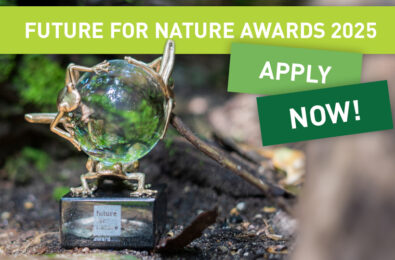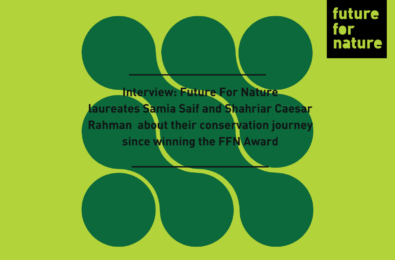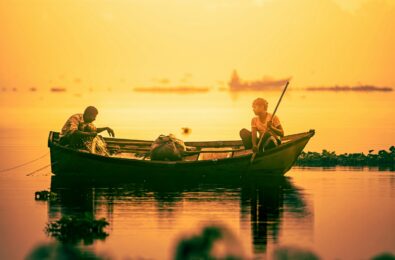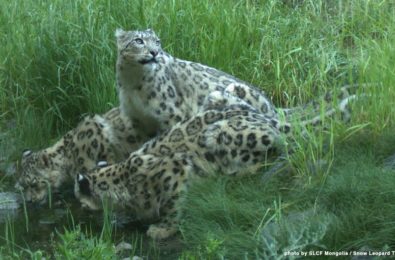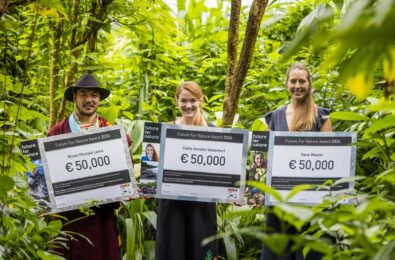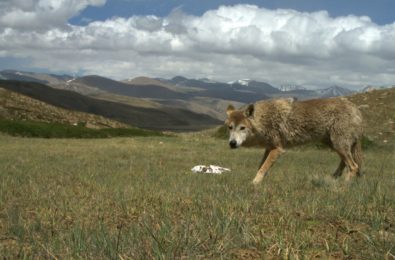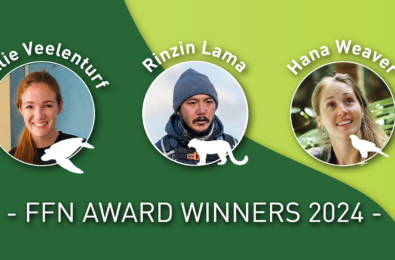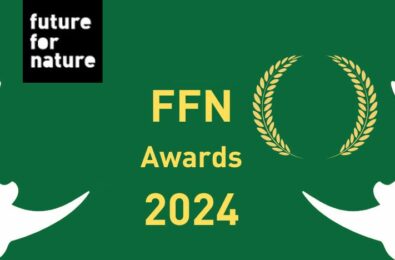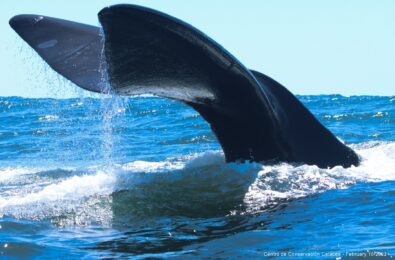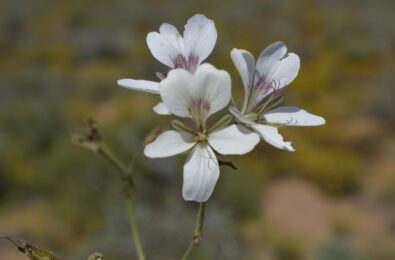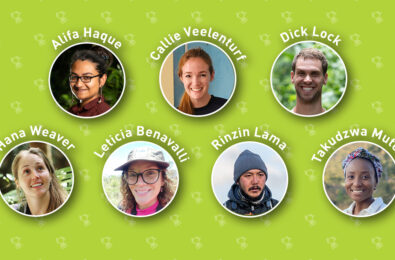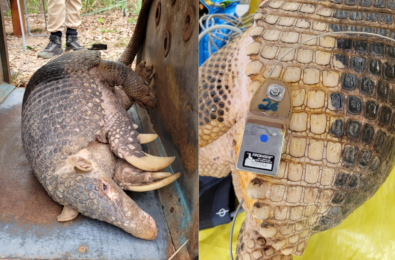Youth can be the Leaders of Today
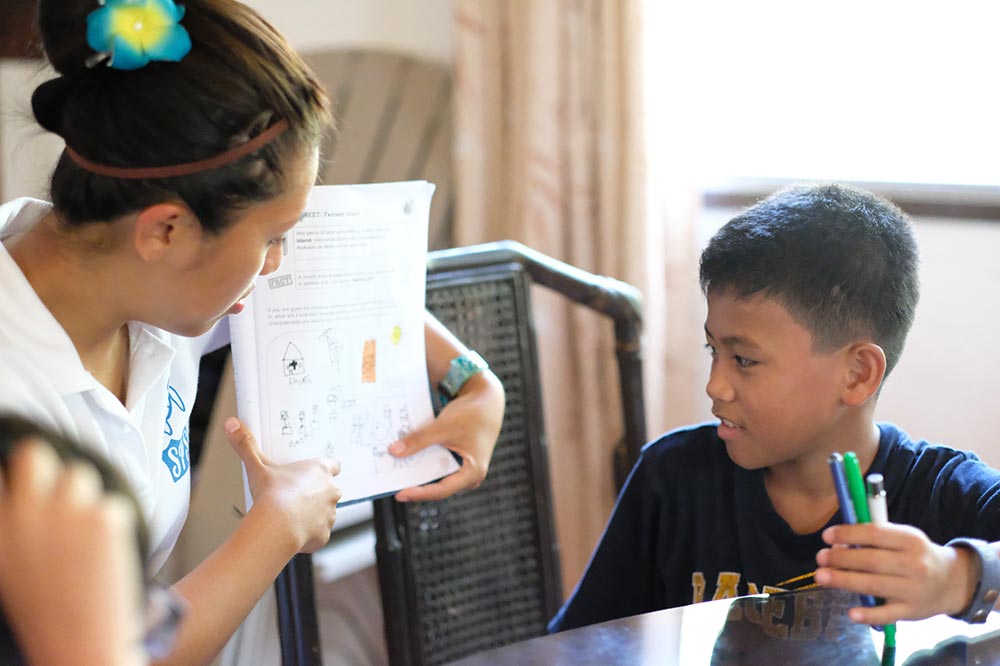
One of our Facebook followers Ignas Heitkonig asked his burning question: Can you describe how you would prefer to see your own work (or that of fellow award winners) being carried forward by the young generation? FFN Award winner Anna Oposa, works with several young generations and shared her answer:
I received the 2012 Future for Nature (FFN) Award when I was 23 years old, making me the youngest winner (so far). I had just graduated from university a few months back, so it’s safe to say that the support from FFN changed the course of my life forever. Back then, there weren’t a lot of people my age taking leadership roles in conservation.
Youth are Taking on Bigger Roles
Seven years later, a lot has changed. Youth all over the world are taking on bigger roles in the environmental movement, whether it’s filing cases against the government, as shown in Juliana et al. versus the United States, or campaigning against plastic pollution, like the Wijsen sisters who co-founded Bye Bye Plastic Bags in Bali. I have always disagreed with the statement “youth are the leaders of the future,” because to my mind, youth can be the leaders of today – with the condition that they are given support through capacity, buildings and other resources, including platforms to shine -.

‘ I have always disagreed with the statement “youth are the leaders of the future,” because to my mind, youth can be the leaders of today.’ – Anna Oposa
Sea and Earth Advocates Camp
My role as the Executive Director and Chief Mermaid of Save Philippine Seas (SPS) still involves shark conservation, from grassroots interventions to campaigns to multilateral negotiations on wildlife trade. Being exposed to different aspects of species conservation reminds me, time and again, how valuable the voice and participation of the young generation is. In 2015, SPS launched a youth environmental leadership programme called the Sea and Earth Advocates Camp in partnership with the US Embassy. To date, we have nearly 250 alumni from all 10 Southeast Asian countries. Many have pursued projects, campaigns, and careers in environmental conservation. A few have become interested in sharks too, helping our movement grow by teaching others about sharks, doing research, sharing our educational materials, and volunteering for campaigns and events.

Find Your Passions
This answer may seem counterintuitive, but the best way the younger generation can carry our work forward – mine and that of the other winners’ – is to be the best version of themselves. The issues in species conservation are wide and varied, which means that the solutions must also be wide and varied. The world doesn’t need another Anna Oposa; it needs individuals to explore their own set of skills, talents, and ideas. We need graphic designers, legislators, public servants, communicators, accountants, entrepreneurs, and so much more. I hope that young people can follow their curiosity and their passions, commit to them, and find the best way they can contribute to the environmental movement.






